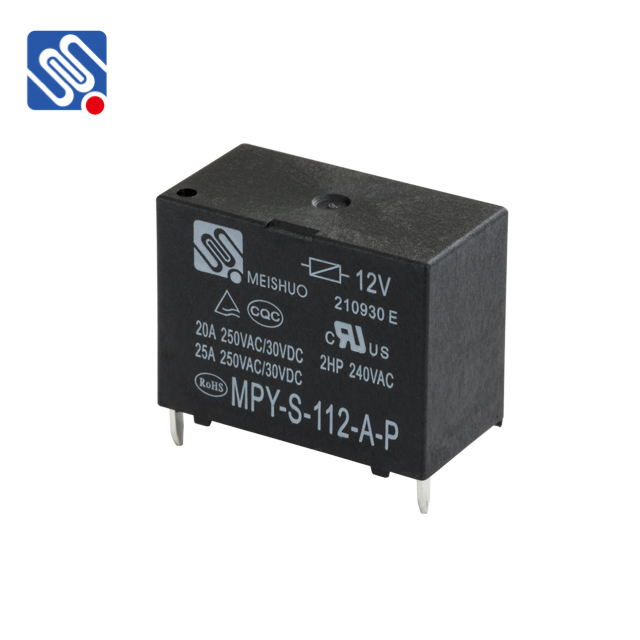understanding relay voltage ratings and the role of meishuo relays
Release time:2025-08-29 08:54:08
Relays are essential components in modern electrical and electronic systems. These electromechanical devices control a circuit by opening or closing contacts in response to an electrical signal, offering protection and controlling the flow of electricity. One of the most critical factors in choosing a relay is its voltage rating, which ensures the relay can operate safely and efficiently within a specified electrical environment. In this article, we will explore the concept of relay voltage ratings, why they matter, and how Meishuo relays stand out in this field.

What is Relay Voltage Rating?
A relay voltage rating refers to the maximum voltage that the relay's contacts are designed to handle without failure. This rating typically includes two main aspects: the coil voltage rating and the contact voltage rating. Understanding both is essential when selecting a relay for any particular application.
Coil Voltage Rating: This refers to the voltage that needs to be applied to the relay’s coil to energize it and cause the switch to operate. This voltage is usually specified in DC or AC values, depending on the relay's design. It’s crucial that the coil voltage is matched to the control voltage available in the circuit, otherwise, the relay may fail to operate or even become damaged.

